A Short Story I Wrote This Summer.
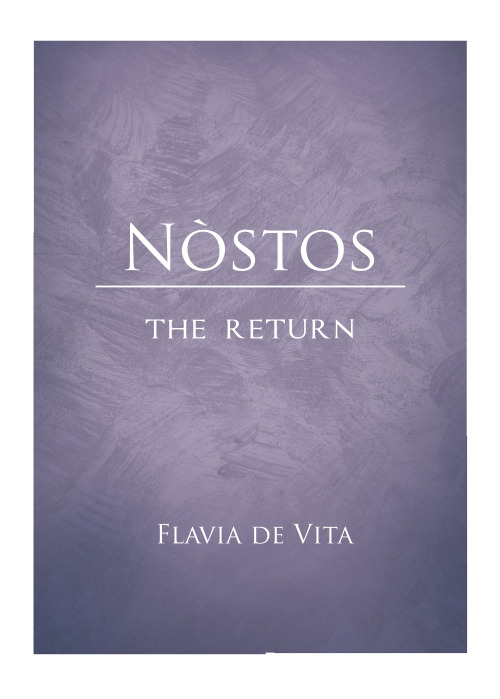
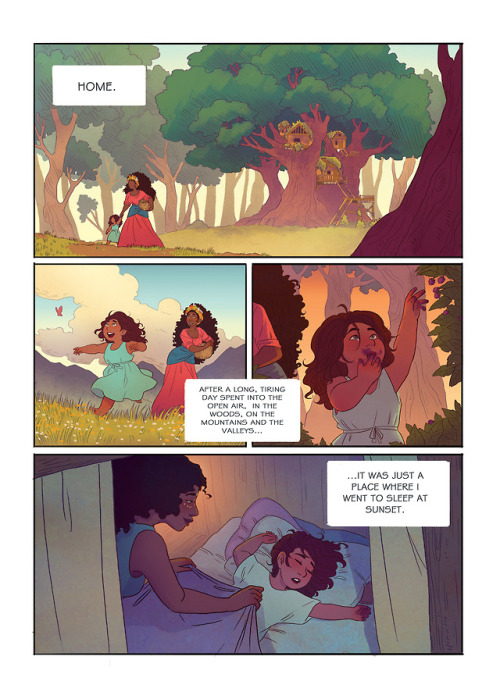
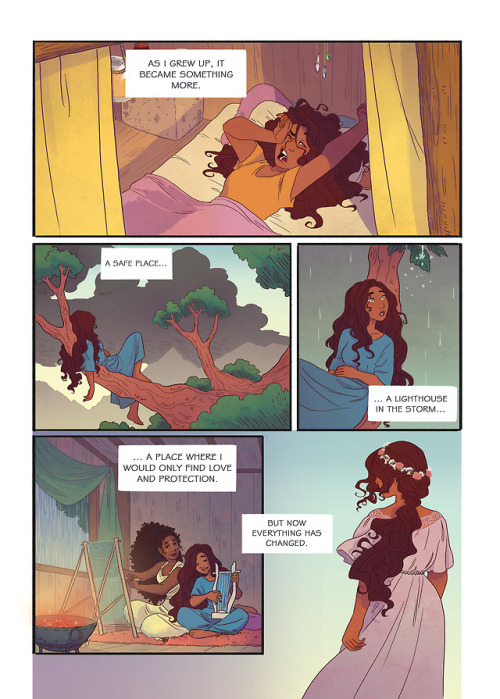
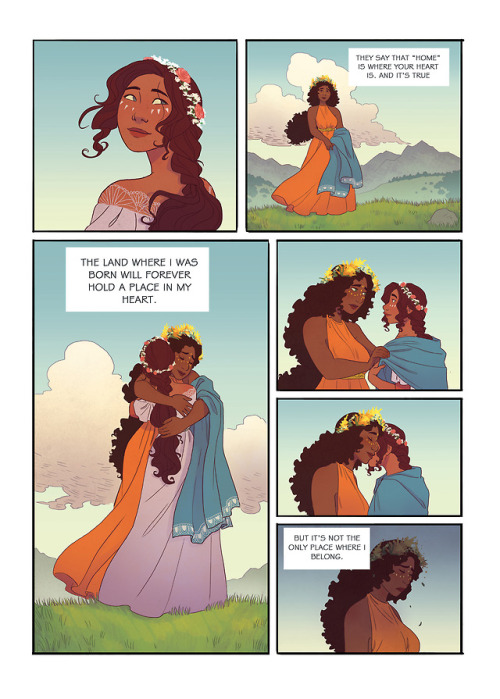
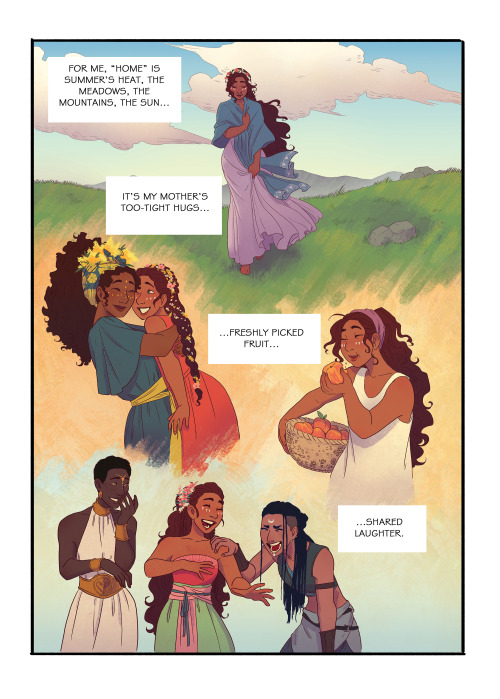
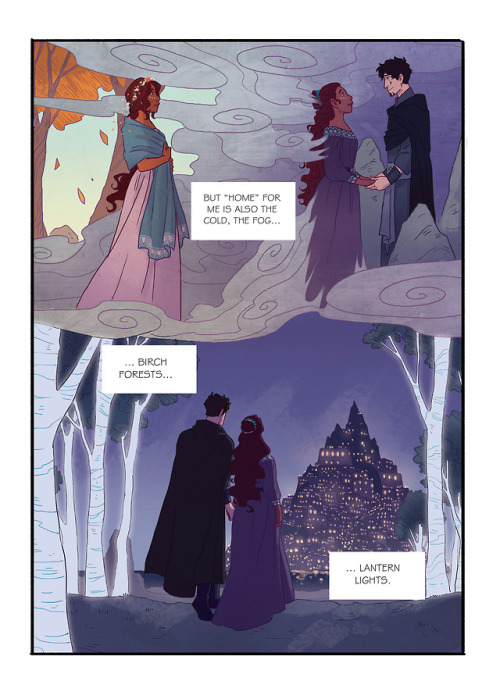
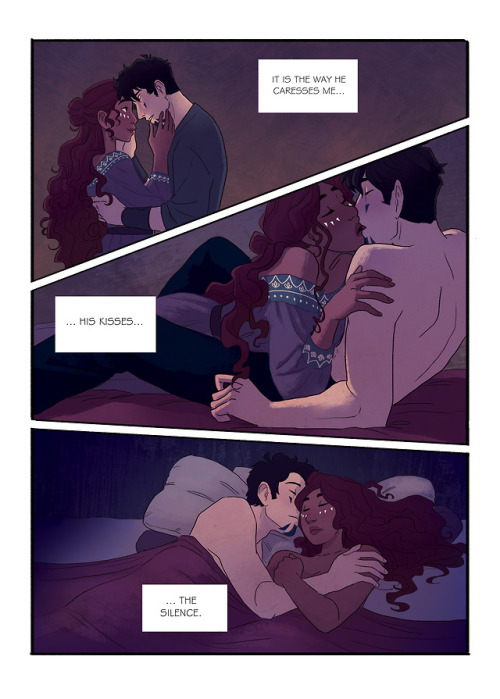
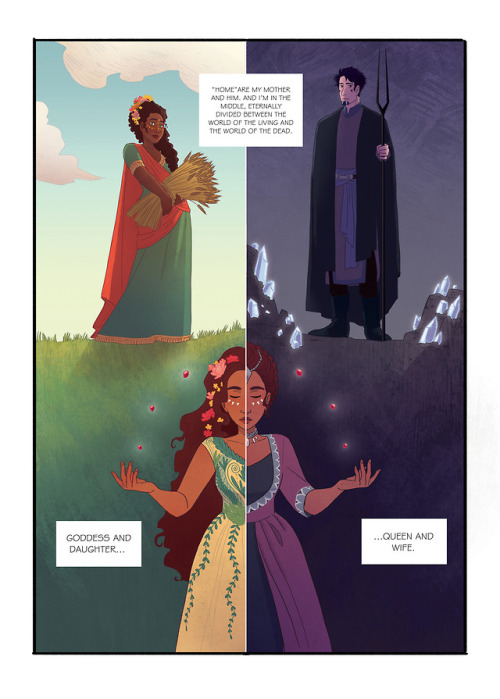
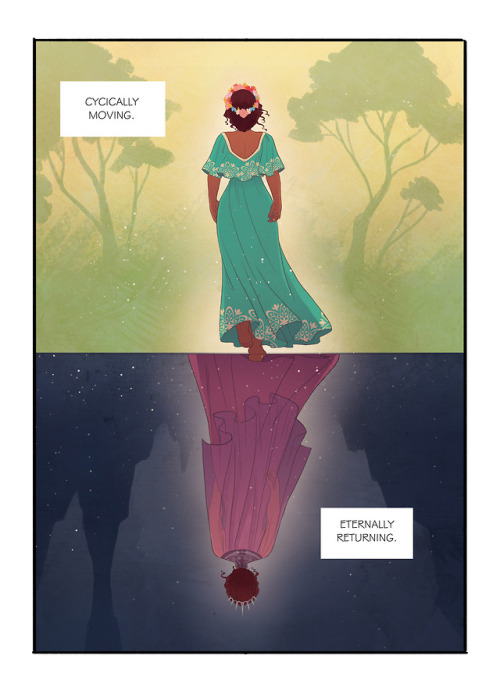
A short story I wrote this summer.
More Posts from Lune-versatile and Others
A Complete Beginner’s Guide to Moodboards
Please note that this is a guide for complete beginners who have no idea how to get started on making moodboards. Only the very basics will be covered here.
Have you ever wanted to make a moodboard but didn’t know where to start? You have ideas but you have never edited a picture before? Can’t afford photoshop and don’t know how to use it? Look here, this guide is for you!
This guide includes: Free photoshop alternatives, where to find images, and basic tips and tricks to make your moodboard. Click the Read More below :)
Afficher davantage
World Building 101
World building! How many other hobbies or careers involve creating an entire world all your own? Not many.
There’s nothing quite like setting out to create your fictional world. Drawing maps, deciding which civilizations live where, throwing in crazy kinds of solar systems and vegetation if you’re really going all out… it can be a ton of fun.
However, one of the writer’s most exciting tasks is also one of their most intimidating.
On one hand: you get to build your own world. On the other hand… you have to build your own whole entire WORLD?! Where do you even start??
Well, you can start right here. Today I’m going to walk you through some basic pointers to get your world up and running.
World Building and World Building
Right off the bat, you should be aware that there are two kinds of world building. There’s the large-scale fantasy world building which I will be talking about today, and there is also world building that goes into other story genres.
Every writer is going to do some level of world-building, whether you’re painting a verbal picture of the lake your character goes to to get some peace of mind, pulling a reader into an important event and making them feel like they’re actually attending, or creating a whole new planet for your space pirate to fly to.
The Top 6
When you have a massive task ahead of you it’s always best to start by breaking it down. So, let’s take a look at the top 6 features you’re going to be focusing on when building your world.
WHO
Ask yourself: who lives in your world?Most likely there is a variety of species and races. Or, you could decide on a world where every creature is exactly alike — it is of course, your world.
Do the creatures of your planet have different cultures or are these homogeneous?
It will be easiest to start off with your main characters and work out from there. What is their species and race, and what does their culture look like?
For each species in your world, jot down the following:
Species name
Race names
Physical description
Language
Cultural notes
Special abilities
WHAT
Ask yourself: what social structures exist in your society? Again, start with your main characters and work out from there. For each species within your world, you’re going to need to determine how they manage their society.
What beliefs do they have? Are they religious, or more philosophical? Is there a divide between the two? What do their political structures look like? How strict are their laws?
You’ll want to consider trade and economy as well. Do they have a money system? A barter system?
You may not need to go too in depth with every single species in your world, but you’ll want a basic note or two about each in case it comes up in your writing.
For each species in your world, decide at least one point about each of the following:
Religion
Philosophies
Politics and laws
Economy
WHERE
Ask yourself: where does your species exist?Finally, we get to the physical world of your world building. What is the geography like? The biomes? Is your world bountiful with resources or is it a dying planet with species’ in desperate search of new sustenance?
For some writers, they will take years fleshing out the ‘where’ of their world, including the cosmos surrounding it. For others, a map with the basic locations of the story will suffice. It is up to you how in-depth you would like to go.
At the very least, you should outline one or two notes about each of the following:
Solar system (does your world exist near ours or is it completely fabricated?)
Geography (this one can be split per species — forest elves live in the woods, nymphs live near the sea, etc.)
Biomes (split by species region)
Resources (split by species region)
WHEN
Ask yourself: when do the events of your story occur?The story you are telling may be the main focus of your book, but what happened to lead up to it? What has your main character’s species and world been through that is causing the story to occur? Even if the events of the world do not impact your story much, they will have had at least some level of ripple effect that reflects on your characters’ day-to-day. Was this civilization a warring one and the story takes place in a broken society? Or, has their society reached its peak of enterprise?
For each region in your world, establish the following:
Founding events
Defining events
Recent events
(if relevant) Future events
WHY
Ask yourself: why do the species in your world behave as they do?The why of your story will tie in with many of the previous points you’ve outlined, but it gets more to the point in a way that can directly apply to your story and characters. Why are things happening as they are today? What evolution did this society go through? Do they share common goals now or are your characters going against the grain of their people? What conflicts exist in this world, and is your main character involved in those conflicts or attempting to avoid involvement?
A few pertinent notes to take per species would be:
Social evolution
Societal goals
Societal conflicts
HOW
Ask yourself: how do the species in your world solve problems? In the category of ‘who’, you will have outlined your main characters’ abilities. These could be magical or technological or maybe they are super strong, or super smart. Now, you can get deeper into the magical or technological systems of your world. Start with your main characters and work outwards. Is everyone magical here? Do different species and races have different abilities? Is there a human or human-related race, and at what point are they at with their technology?
Figure out the following (for each species and race if applicable):
Magic abilities
Technological advancements
Scientific knowledge
Militaristic power
The World is yours: Command it
An author with a strong command of the world they are writing within will have at their fingertips an endless landscape of possibility. Look to authors such as J.R.R. Tokien or George R.R. Martin — it’s no wonder their works are so successful. They perfectly encapsulate what fantasy readers are looking for in a novel: escapism. The worlds don’t need to be pretty, they need to be fully formed; realistic in their mysticism.
World-building can seem like a lot of work, and it is. But do it bit by bit, and try to keep it fun. Don’t sit down in one day expecting to create your whole world. It’ll take time. But that time spent will be well worth it in the end!
It starts in Paris.
“You can’t steal things just because you like them,” Sam tells Bucky, feeling innately that this is a losing battle, and Bucky cocks his head to the side, considers Sam very thoughtfully.
“Really,” he says. “I’m stealing you, aren’t I?”
hello, here is that long painfully slow-burning Sam-centric fic that’s been killing me for the last month. 33.5k words spanning from post-Winter Soldier to… well, to A Time. featuring art theft, meaningful conversation in hotel rooms, burning undercurrents of tension, Steve Rogers being Steve Rogers, moments of softness and breathless stillness. have fun. I’m dead.









Shokugeki no Sanji Chapter 2
reminder to worldbuilders: don't get caught up in things that aren't important to the story you're writing, like plot and characters! instead, try to focus on what readers actually care about: detailed plate tectonics
When I started writing fanfiction like ten years ago, dialogue was absolutely my weakest point. And I knew it. Character voice was a struggle, I used more ellipses than words probably, I just tried to lean on narration instead.
Fun to reflect and realize what a 180 I did on that. Cuz frankly dialogue is a DELIGHT and the best part of writing now. I love strong character voices. I love making characters trip over their words and talk over each other and go on tangents and lose their point and snark and snap at each other and crack wise and just, I love thinking about how dialogue sounds, and what feels most organic.
Description and narration are all still well and good, but it’s like those are the framework and scaffolding to set characters up to just say shit. I LOVE making characters just say shit. The truest delight of fanfic.
The First Thing You Learn in University Creative Writing Classes
I was very fortunate to major in Creative Writing when I went to college. It was a great experience, but I remember being so nervous when I walked into my first class as a freshman.
I'd been writing stories since elementary school, so I worried that this first class would teach me something wildly different than what I knew about writing. Maybe there was some secret formula to creating characters or mental exercises that immediately dissolved writer's block that you could only learn from a professor.
When my first class ended, I was shocked.
The first thing you learn in a university-level creative writing class?
Read more than you write.
It's that simple. I thought my professor had lost his mind, but the many others that followed always echoed the advice.
The advice then saved my ability to write when I was getting through each day during some of the hardest times of my life.
Pick up the good books. The great books. The terrible books that make you quit reading them because they're so bad.
They will all make your writing stronger.
You'll learn how to write fantastic characters, weave plot lines, and paint worlds with words. You'll also learn what you don't like in someone's writing so you can avoid it in your own.
Even during the periods when I wrote nothing at all, reading kept that love for writing alive in my heart.
It's the best way to reconnect with that passion if you've lost it and the greatest way to develop that skill.
Read more than you write.
Your storylines and characters will thank you later.
I probably shouldn't admit this about something I wrote, but I accidentally re-read Carnivore all the time. I'll open it to look something up to reference in Gripped Tight and then start reading like "oh shit, this was good. oh dang i did that so true of me. oh wow i'd forgotten that part i love that jeez!" lol
The “What-If” Writing Method
Sometimes when I’m writing, brain just....stops. No more ideas. No more words. Nothing. Sometimes, the solution to this problem is to simply take a break from writing and let your brain relax. Other times, though, you really are just at a block for ideas. This happened to me significantly more often than I would like, but thankfully, I’ve developed a solution that works well for me, and it’s uncreativly titled the “what-if” method.
Get a piece of paper and pen. Or a Google doc, or whatever works best for you.
Start brainstorming questions about your story, or possible “what-if” scenarios. (Ex: What if my character got framed for a crime they didn’t commit?)
Write down every single idea that comes to your head. Even if it doesn’t really work for your story. Even ones that deviate from your existing plot. Even the stupid ones. Especially the stupidest ones.
Cross out the ideas you don’t like, circle the ones that you do like.
Start coming up with answers for the questions you circled, or expand in the by coming up with more questions. (Ex: They would have to prove they didn’t commit the crime to regain their freedom. How do they prove it?)
Repeat until you have a full idea that you can work on/write with.
That’s it. That’s the whole strategy. I’ve used this a million times, and it’s gotten me out of a million cases of writers block, so hopefully it can work well for you too! Happy writing!
How do you write scenery. I always having trouble writing a place where the characters is. Like do I have be specific around the surrounding or just say where it is.
Describing the Setting of a Scene
You should always do some level of description of the setting of a scene. If it's an area the reader can easily envision, either because you've already described it in a previous scene or because it's a common place like a school or grocery store, you only need to include a few relevant details. Here are posts from my description and world building master lists that may help:
The 3 Fundamental Truths of Description (5 Tips for Cutting Back) How to Make Your Description More Vivid Adding Description to Your Writing Five Things to Help You Describe Fictional Locations
I hope that helps!
•••••••••••••••••••••••••••••••••
Have a writing question? My inbox is always open!
Visit my FAQ
See my Master List of Top Posts
Go to ko-fi.com/wqa to buy me coffee or see my commissions!
-
 alifancy5287 liked this · 4 days ago
alifancy5287 liked this · 4 days ago -
 hungryjellyf1sh reblogged this · 1 week ago
hungryjellyf1sh reblogged this · 1 week ago -
 hungryjellyf1sh liked this · 1 week ago
hungryjellyf1sh liked this · 1 week ago -
 taiyoandluna09 liked this · 3 weeks ago
taiyoandluna09 liked this · 3 weeks ago -
 thequeenoffishburrito liked this · 3 weeks ago
thequeenoffishburrito liked this · 3 weeks ago -
 sofia2345 liked this · 1 month ago
sofia2345 liked this · 1 month ago -
 amaltheathelast liked this · 2 months ago
amaltheathelast liked this · 2 months ago -
 jordy2002 liked this · 2 months ago
jordy2002 liked this · 2 months ago -
 grimrsson liked this · 2 months ago
grimrsson liked this · 2 months ago -
 midnightsnapdragon reblogged this · 2 months ago
midnightsnapdragon reblogged this · 2 months ago -
 gabbydearest liked this · 3 months ago
gabbydearest liked this · 3 months ago -
 idonutknowyet liked this · 3 months ago
idonutknowyet liked this · 3 months ago -
 not-someone-who-matters liked this · 3 months ago
not-someone-who-matters liked this · 3 months ago -
 vintagedaisywitch liked this · 4 months ago
vintagedaisywitch liked this · 4 months ago -
 yellowmyths liked this · 5 months ago
yellowmyths liked this · 5 months ago -
 starsloverxz reblogged this · 6 months ago
starsloverxz reblogged this · 6 months ago -
 letmebespooky liked this · 6 months ago
letmebespooky liked this · 6 months ago -
 legendsandlabrynths reblogged this · 6 months ago
legendsandlabrynths reblogged this · 6 months ago -
 gaygremilin liked this · 6 months ago
gaygremilin liked this · 6 months ago -
 ro0hafz4 liked this · 6 months ago
ro0hafz4 liked this · 6 months ago -
 thisoneisherown reblogged this · 7 months ago
thisoneisherown reblogged this · 7 months ago -
 thisoneisherown liked this · 7 months ago
thisoneisherown liked this · 7 months ago -
 secrecy3000 liked this · 7 months ago
secrecy3000 liked this · 7 months ago -
 noirrose21-blog reblogged this · 7 months ago
noirrose21-blog reblogged this · 7 months ago -
 autisticnightfury liked this · 7 months ago
autisticnightfury liked this · 7 months ago -
 childofthefireandthestorm reblogged this · 7 months ago
childofthefireandthestorm reblogged this · 7 months ago -
 childofthefireandthestorm liked this · 7 months ago
childofthefireandthestorm liked this · 7 months ago -
 starwiggly liked this · 9 months ago
starwiggly liked this · 9 months ago -
 riversong45 liked this · 9 months ago
riversong45 liked this · 9 months ago -
 smigleloco liked this · 9 months ago
smigleloco liked this · 9 months ago -
 kanami45 liked this · 10 months ago
kanami45 liked this · 10 months ago -
 misscoolisback123 liked this · 10 months ago
misscoolisback123 liked this · 10 months ago -
 lady-corrine liked this · 11 months ago
lady-corrine liked this · 11 months ago -
 lady-ephemeral liked this · 11 months ago
lady-ephemeral liked this · 11 months ago -
 ginzablack reblogged this · 11 months ago
ginzablack reblogged this · 11 months ago -
 pumpkincassie liked this · 11 months ago
pumpkincassie liked this · 11 months ago -
 queenofthegaylions liked this · 11 months ago
queenofthegaylions liked this · 11 months ago -
 lainybug0504 liked this · 1 year ago
lainybug0504 liked this · 1 year ago -
 a-thief-of-many-books liked this · 1 year ago
a-thief-of-many-books liked this · 1 year ago -
 ginzablack reblogged this · 1 year ago
ginzablack reblogged this · 1 year ago -
 countryhumansadorer38 liked this · 1 year ago
countryhumansadorer38 liked this · 1 year ago -
 starsloverxz reblogged this · 1 year ago
starsloverxz reblogged this · 1 year ago -
 fleurxduxmal liked this · 1 year ago
fleurxduxmal liked this · 1 year ago -
 witchlenore reblogged this · 1 year ago
witchlenore reblogged this · 1 year ago -
 justbes-stuff liked this · 1 year ago
justbes-stuff liked this · 1 year ago -
 svetacvijeta liked this · 1 year ago
svetacvijeta liked this · 1 year ago -
 semi-decentperson reblogged this · 1 year ago
semi-decentperson reblogged this · 1 year ago
